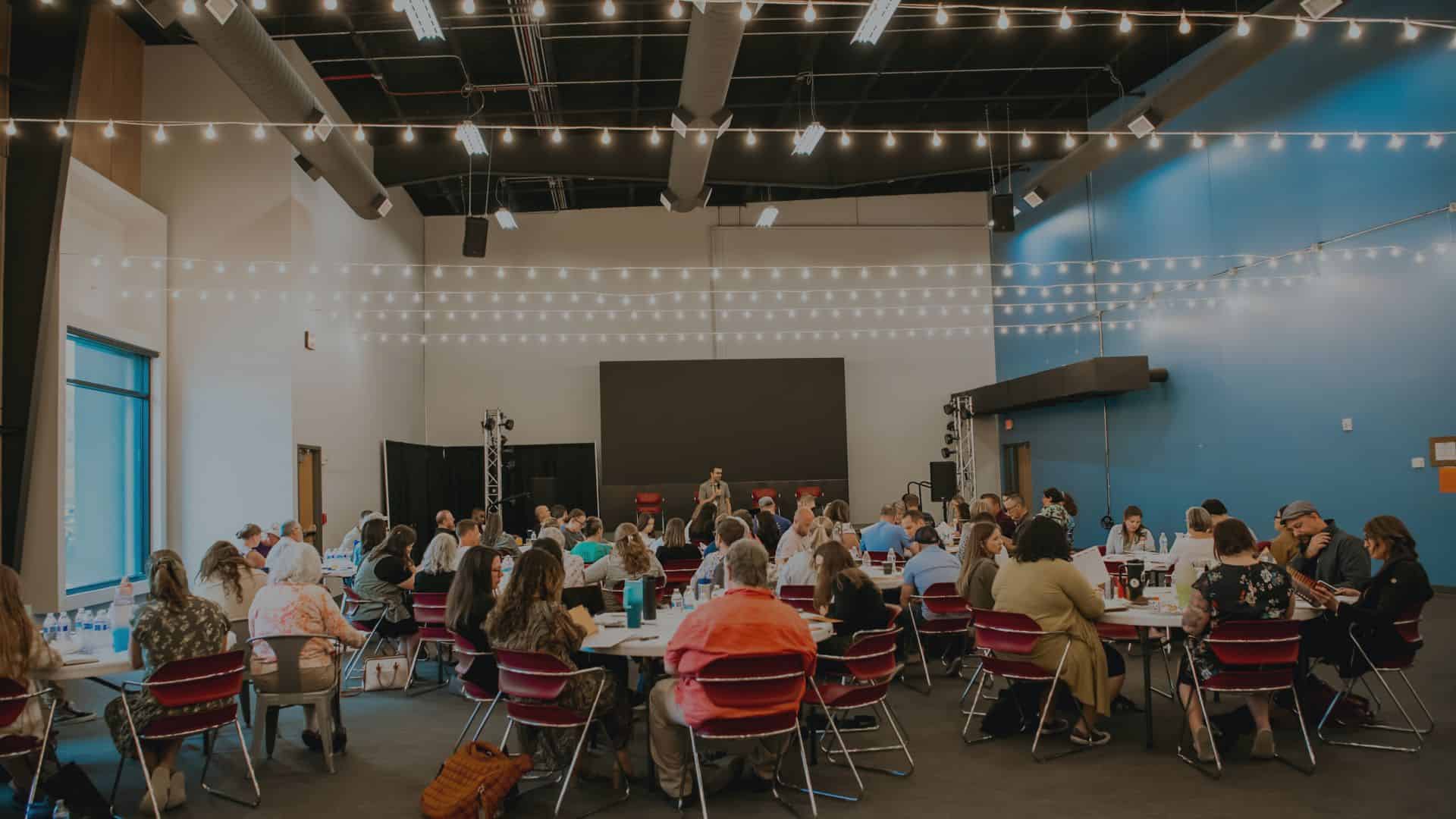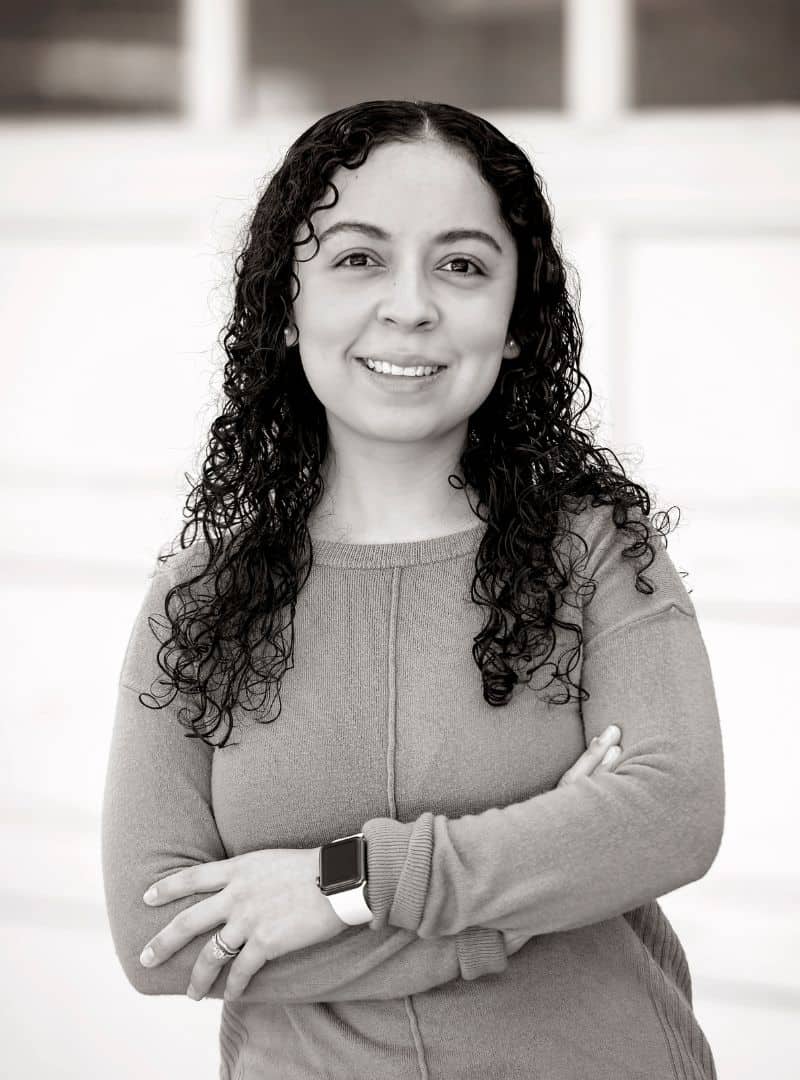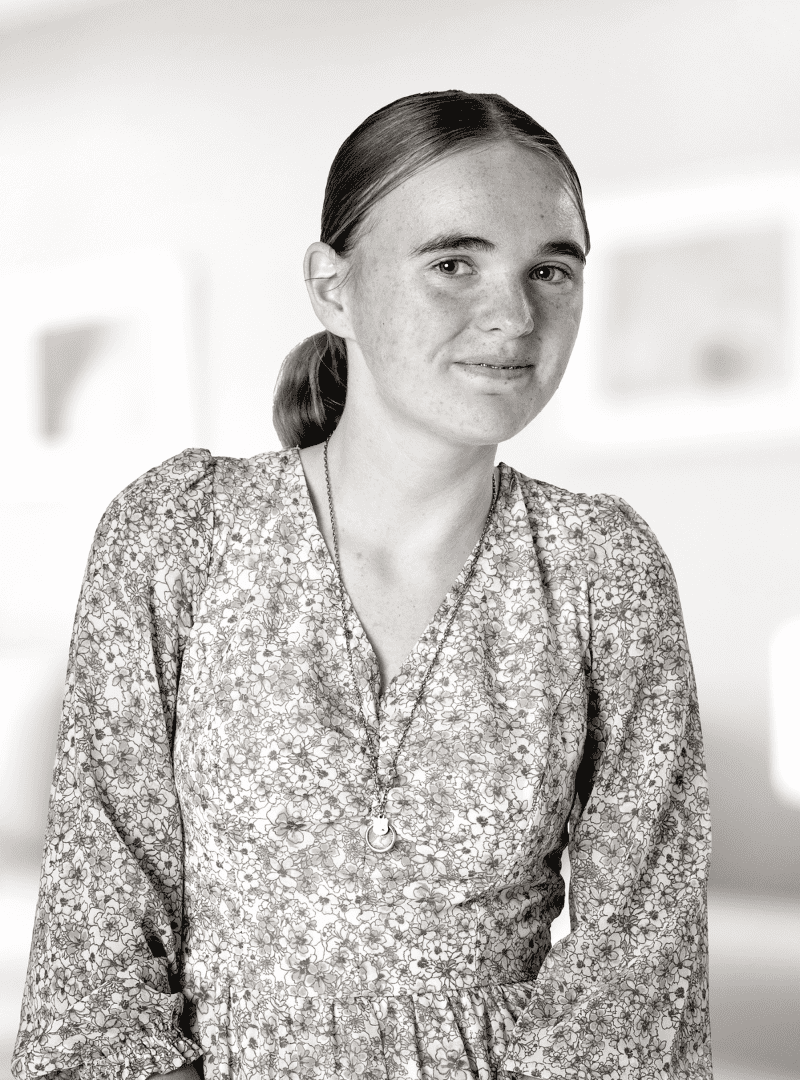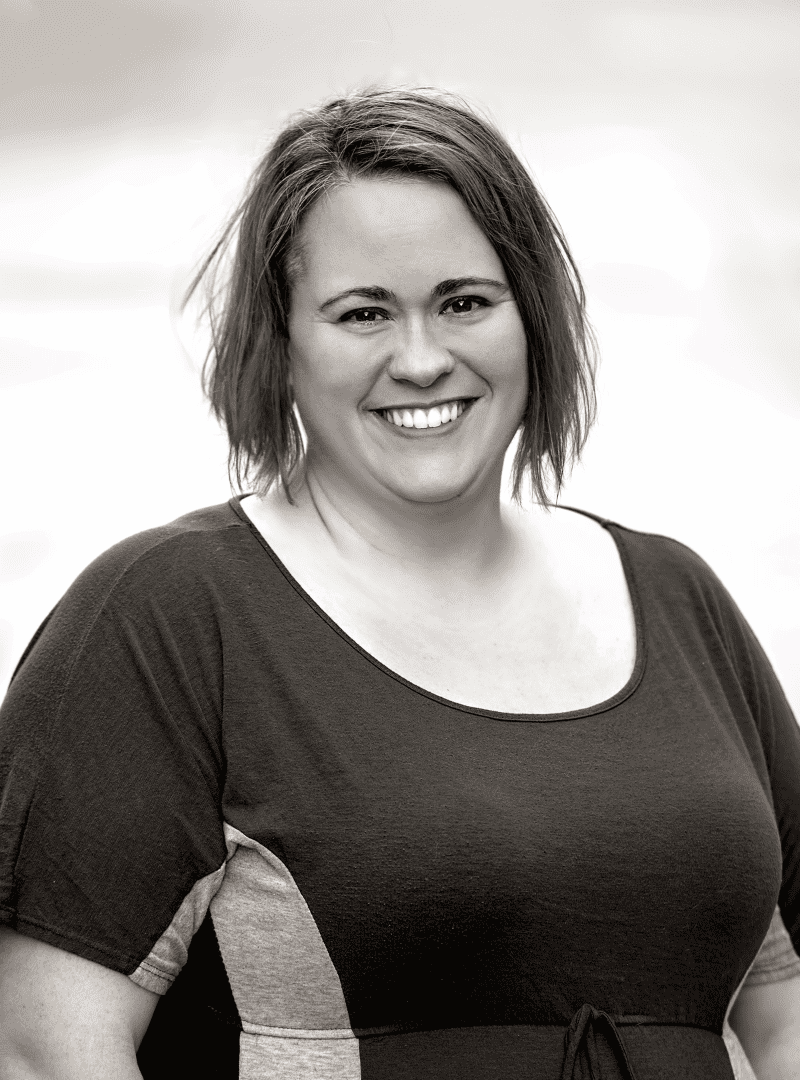This is a guest post from our friend Janyne McConnaughey. This post was originally published in Janyne’s Substack newsletter.
Have doctors ever asked you how often you moved as a child? Or more specifically between the ages of ten and fifteen? Probably not, but recent research indicates that they probably should.
Here is why:
“Children who move once between ages 10 to 15 are 41% more likely to be diagnosed with depression than those who don’t move. And if a child moves twice or more between the ages of 10 and 15, the risk rises to around 61%. This is a stronger effect than growing up in a deprived neighbourhood.” (Read study here.)
My experience with frequent moves
During the years between my tenth and fifteenth birthday, I moved five times and attended six different schools. According to the research, this would have been extremely impactful no matter what other difficulties I experienced. The lead author of the study explained the impact:
“We know there are a number of factors which lead to a person being diagnosed with a mental illness. However, this is the first evidence to suggest that moving to a new neighbourhood during childhood is among them, and we believe the numbers we are seeing could be the tip of the iceberg. During those formative years, children are building their social networks through school, sports groups or other activities. Each time they have to adapt to something new it can be disruptive, so we potentially need to find new ways to help people overcome those challenges.”
Every story is different. My husband lived in one house from the age of four until shortly before we married. When he took me to his childhood home to meet his mother, he pointed out the houses of friends, the house where he bought his first car, the house of the neighbors who owned the Mexican restaurant where he worked as a teen, and the two schools he attended—an elementary/middle school and a high school. When I wanted to show him where I lived, I had to take him to eight different cities in two states. Even my college moved!
I have generally tried to take a positive spin on all the moving.
- Look how many places I have lived!
- I can navigate almost anywhere in California because I lived near there!
- I gathered so many friends through all these moves!
- I can pack up an entire house in record time!
- I can set up a house very quickly after a move!
All of this positivity ignores the loss of support, the loneliness, and anxiety-inducing experiences in new schools!
Don’t diminish adversity When we say that children are resilient, it not only diminishes their childhood experiences—it often diminishes our own. If we are honest about the moves we made as a child, it is harder to put a positive twist on them—especially if our struggles seem unimportant compared to the logistical challenges the adults in our lives were facing.
Don’t underestimate the power of community–especially for children in foster care
Adverse childhood experiences (which should include moving) do not help make children resilient. Having the necessary relational support during these experiences builds resilience. Navigating without relational support builds survival skills. That is not the same thing but it gets us through. Unfortunately, survival skills from childhood do not serve us well as adults.
I am proud of how I survived as a child, but what looked like adult resilience was a very complicated and layered adult with fantastic survival skills. While abuse certainly impacted me, moving required an entirely new set of survival skills because it removed my relational support networks.
I sensed that the excessive number of moves had impacted me, but I could not find much support for that in the research—until now. In most cases, the discussion of frequent moving is embedded in dysfunctional family dynamics which makes everything chaotic. This research demonstrates that the impact of moving can affect adult mental health even when it is not embedded in chaos.
There are many reasons why children must move that are not predominantly due to family dysfunction—job changes and military transfers are two examples. Over the years, I have observed supportive families navigate moving well. It is still difficult for children, but the parents understand their focus must be on helping them build new connections. I can see that my parents did make some effort in this regard. I doubt that two adults who grew up on farms within large families had any idea what my experience of moving felt like.
The impact is more obvious in some of the stories that are shared with me—especially those involving foster care. When a child moves, they must focus on surviving in a new place without their previous support network.
When the move includes removal from a home, no matter how incapable the parents were in caring for the child, they (the parents) were still a support network. The child’s support network also includes friends, schools, teachers, and in some cases churches.
I am grateful for efforts to help keep these children in the same school when the family is disrupted!
Interestingly, the ages most impacted by moving are also the years when children are working toward becoming more independent and peer-oriented.
Acknowledging the trauma of moving and pursuing healing
I am sure my parents and every other adult understood to some degree that I needed to remain in relational contact with my friends.
I do not believe they understood the impact of the loss of adult connections.
Until I was ten, I lived in the same city and attended one church. I had a robust support network of adults who had cared for me since I was a baby. When I moved, I felt invisible to them. Many stayed in contact with my parents, but no one considered staying connected to me.
I understand my obsessive teenage need to remain connected after moving.
I am thankful for the researchers who documented what I always intuitively knew. The impact of moving during my formative pre-teen and early teen years is embedded in my approach to life, ways of being, and social interactions.
It directly connects to my bouts of overwhelming depression and a sense of helpless invisibility that chases on the heels of every move—no matter how much the adult me believes it was a good plan.
Once again, what happens to us as children matters and does impact us as adults. It is possible to make sense of ourselves through trauma-based healing and not continue living in the emotional overload brought on by our most difficult childhood experiences!
Janyne McConnaughey is an award-winning author and trauma-informed advocate. Her passion is encouraging other survivors of childhood trauma to seek healing. Her most recent book Trauma in the Pews: The Impact of Trauma on Faith and Spiritual Practices helps readers understand how to minister to people suffering the effects of trauma.







